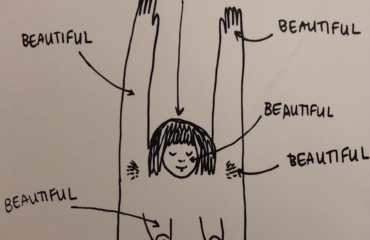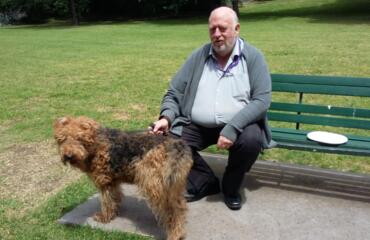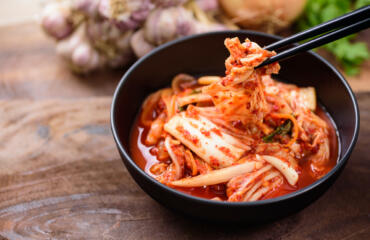
Kelly Wu preps for her first research experiment ahead of a long day’s solitary work at Royal Melbourne Hospital. As an essential worker, she can still access her labratory to conduct life-saving research. Image credit: Fiona Wang

Ms Wu’s research focuses on cures for breast cancer. Most of her work involves growing cancer cells in the laboratory, running tests, and writing reports on her process. “If a doctor does not have the right medicine, then it is hard for him to control the disease. But if more powerful therapies can be developed, more patients will get effective treatment,” Ms Wu said. Image credit: Fiona Wang

Placing the culture cells under a microscope, Ms Wu checks to see how the cells have grown after a week of development. Image credit: Fiona Wang

This is what Ms Wu sees through her telescope. She finds that the middle of the culture cells have died due to a lack of nutrition. Even thoug Ms Wu is able to continue her critical work during the lockdown, she is still looking forward to when she can be face-to-face with her colleagues. “I, as an essential worker, can still access the laboratory, but unfortunately planned medical lectures have to be canceled due to the COVID-19. I feel like I lose some opportunities to communicate with researchers,” she said. Image credit: Fiona Wang




